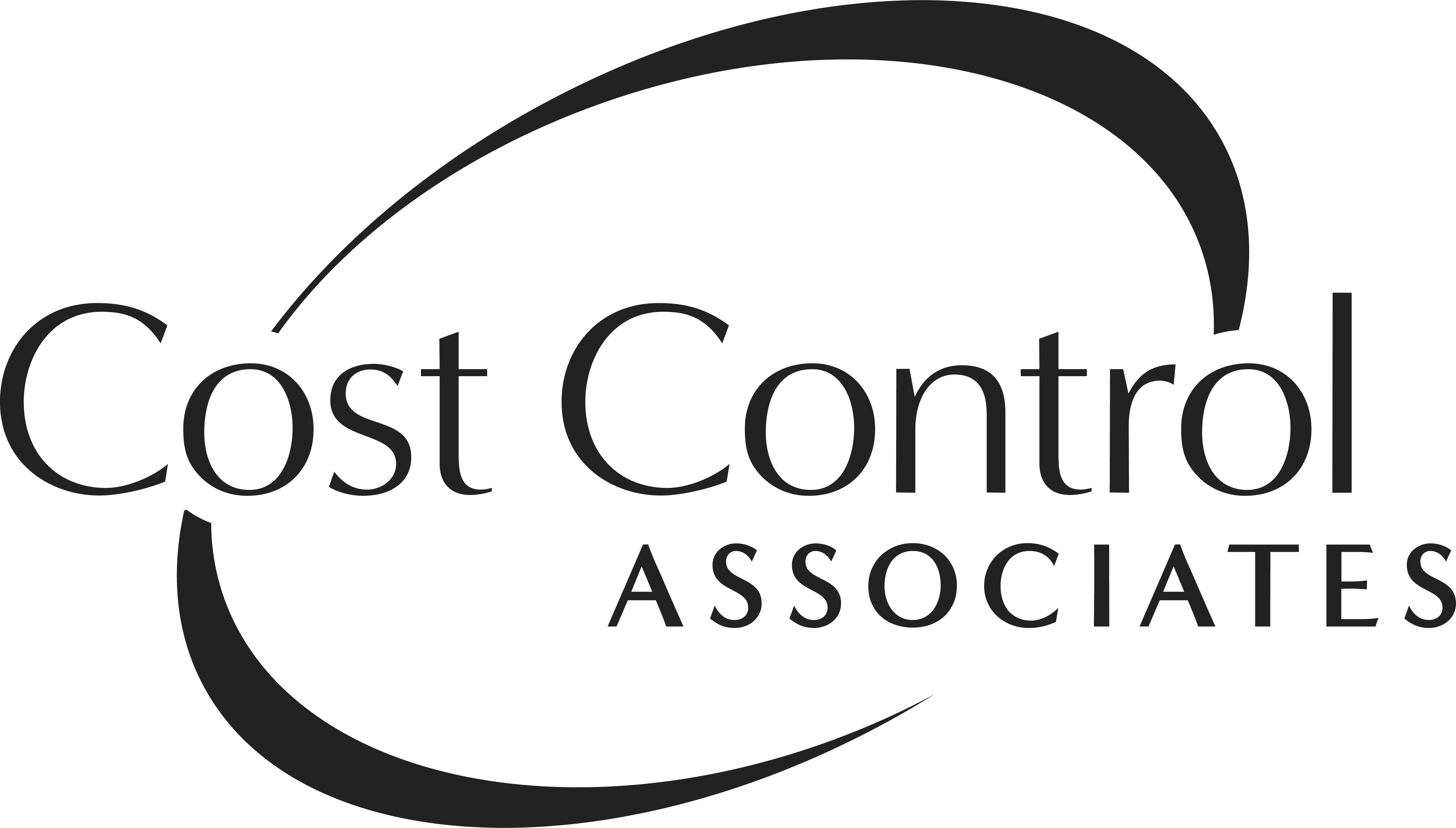Waste removal costs continue to grow as regulations become more restrictive and recycling requirements change and grow. Many organizations obtain competitive price quotations periodically but do not realize the potential to reduce waste removal costs in other ways.
Tips for Cutting Waste Removal Costs at the Office
If you want to be sure you are getting the most for your money, a good place to start is to examine your organization’s usage and rate options. Here are seven questions to ask yourself when considering waste removal costs at work:
1. Do you have a waste removal contract?
If you do not have a contract, check to see if your costs are increasing exponentially each year. A well-negotiated contract can protect you by specifying the details of your agreement. Contracts can be itemized to include fuel charges, for example, which can save you money from year to year by capping your fuel rate so that it cannot exceed a negotiated percentage.
You need to look at your costs from all angles before you make a choice and sign a contract.
2. Do you qualify for regional or national savings?
When reviewing your invoices, consider if the geographic breadth of your organization provides opportunities for regional or national savings. We had a client that operated facilities across the country, yet each facility contracted for waste removal services locally.
Because the client operated across dozens of locations, we realized they might be able to leverage their other locations to arrange regional or national contracts. Through negotiations and a promise to bring all waste removal to one national provider, we were able to save that company more than $100,000 annually.
3. Have you right-sized your schedule and containers?
Do your dumpsters match your trash output? If they are half empty at pick-up time, you should adjust your schedule for less pick-ups. Conversely, if your bins are overflowing, you may be charged for the excess. Another option is to change the size of your dumpsters and bins.
If you have hazardous or biological waste, it must be picked up by a separate truck, whether you use the same provider or not. Depending on usage, you may need to arrange pick-ups for those bins on a different schedule than your regular trash schedule.
4. Do you need everything you pay for?
Be aware of hidden costs. For example, is your waste removal provider a private company that pays franchise fees to the city for the use of city streets? Does your provider pass that fee onto you? Is that fee specified in your contract, or is it a separate line item on your bill? The details you ignore or don’t understand can really add up. Does your dumpster have a lock on it? Does someone have to be there to unlock it, or does your provider hold a key? Items that seem standard may generate extra charges that you are unaware of.
Be aware of hidden costs. The details you ignore or don’t understand can really add up.
5. Are there options to change providers?
Most U.S. businesses are located in an area where there is competitive market pricing for waste removal, but many businesses don’t realize they have a choice. The biggest waste management providers control an estimated 50% of the national hauling market. You might get better pricing from a local hauler.
Finding local and regional providers may help you reduce waste removal costs your facilities. If the local municipality provides trash removal service or has contracted with one supplier, businesses often assume they have no choice. In some cases this is true, but not always.
Many municipalities allow outside independent haulers to pick up commercial trash, even if the municipality provides this service. Contracting with a private hauler may deliver savings.
6. Have you considered centralized billing?
Waste removal costs are often overlooked as a low-cost item at each site. However, if each location has arranged its own waste removal service, you are probably paying too much when you add them all together.
Centralization of waste removal services can save you money, but you need to look at your costs from all sides before you make a choice and sign a contract. If you choose a national hauler that subcontracts with regional haulers, centralization could end up costing you more.
7. Can you expand your recycling program?
For most recyclable materials, exclusive of hazardous waste, there is no charge for disposal. Therefore when you take materials out of the portion of the waste stream that is headed to the dump, you may save money. Better yet, you may be able to earn payment for certain types of recyclable materials.
Studies have found that recyclable materials represent 46% of the materials in our landfills. This means there’s a good opportunity for most organizations to expand recycling programs while reducing waste removal costs.
However, the amount you get paid for recycled materials can depend on the market demand for each product such as aluminum, plastic or paper. Due to the tightened Chinese market for U.S. recycled materials, the costs of recycling are changing, so do your homework.
To make recycling easier for your employees or tenants, make sure you have enough bins dedicated to recycling and put them in a location that is convenient for your employees. Increase awareness through internal communications and incentive programs or competitions. Make it relevant by providing facts and figures about how better behavior can lead to company savings that ultimately benefit employees.
If you don’t have the manpower or expertise to plan and monitor your waste removal costs closely, consider hiring a third party consultant such as Cost Control Associates to help you manage and cut costs.
Valerie Paquin is manager of energy services at Cost Control Associates. Since 1999 she has developed her utility-cost expertise for energy, water/sewer, telecom and waste removal. She earned the designation of project executive in 2012. Valerie received her ABA in accounting from State University of New York-Adirondack. Learn more.

